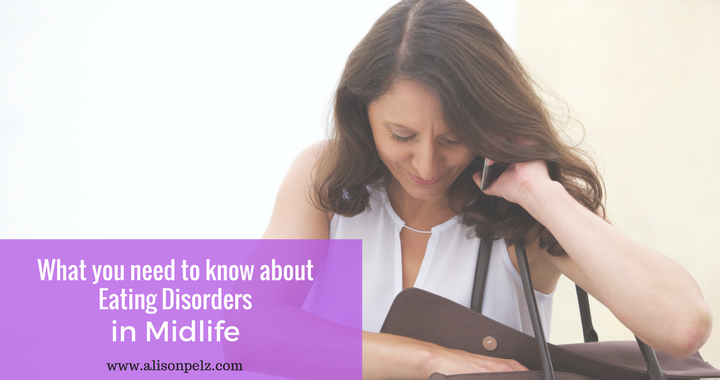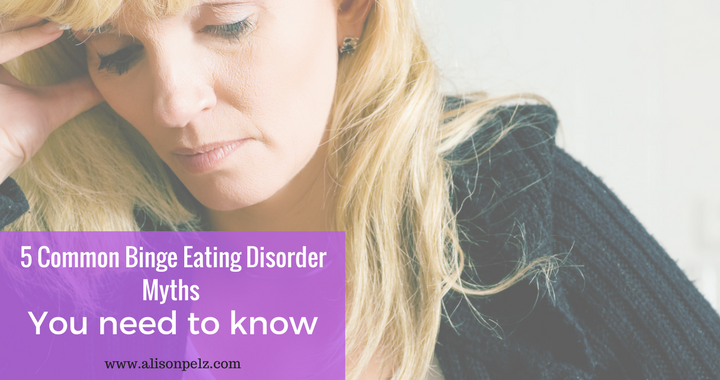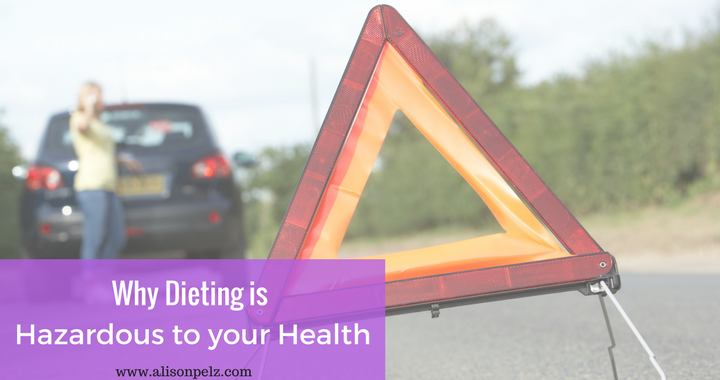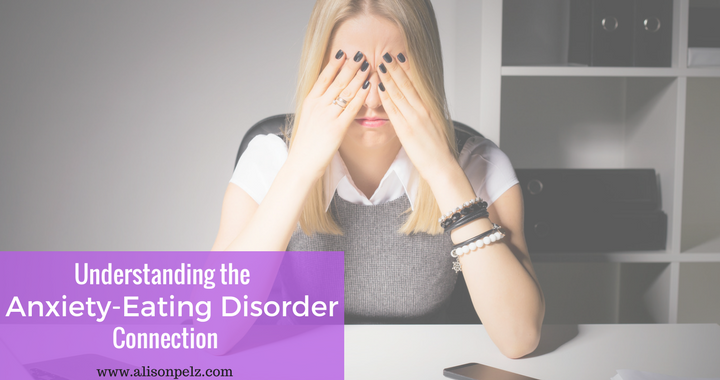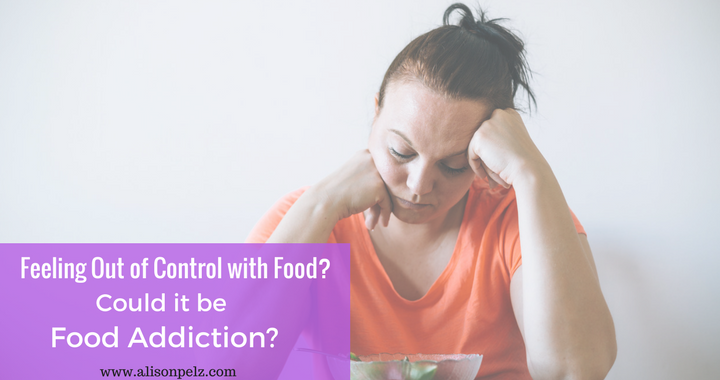Unfortunately, eating disorders in midlife are on the rise. Many eating disorders in adult women may go undiagnosed because of the mistaken belief that older women don’t develop eating disorders. It is true that adolescent girls are at a higher risk, but women of all ages are at risk for developing and maintaining an eating disorder.
Adult women usually present with eating disorders in the three following ways:
- An eating disorder was developed earlier in their life. That is, as an adolescent or young adult the individual developed her eating disorder, but never fully recovered. Adequate treatment, motivation to change, social & family support, etc. are all necessary for a full recovery.
- The second scenario is similar to the first, an eating disorder developed in adolescence or early adulthood and the individual fully recovered through treatment. But, then in midlife, a relapse took place either in response to environmental, social, psychological and/or physical stressors and the eating disorder returned.
- In this last scenario, which is the least common, is that the onset of the eating disorder first occurred in midlife. That is to say, the individual had no pre-existing eating disorder. The most common type of eating disorder that starts in mid-life is binge eating disorder (click here to learn more about binge eating disorder).
